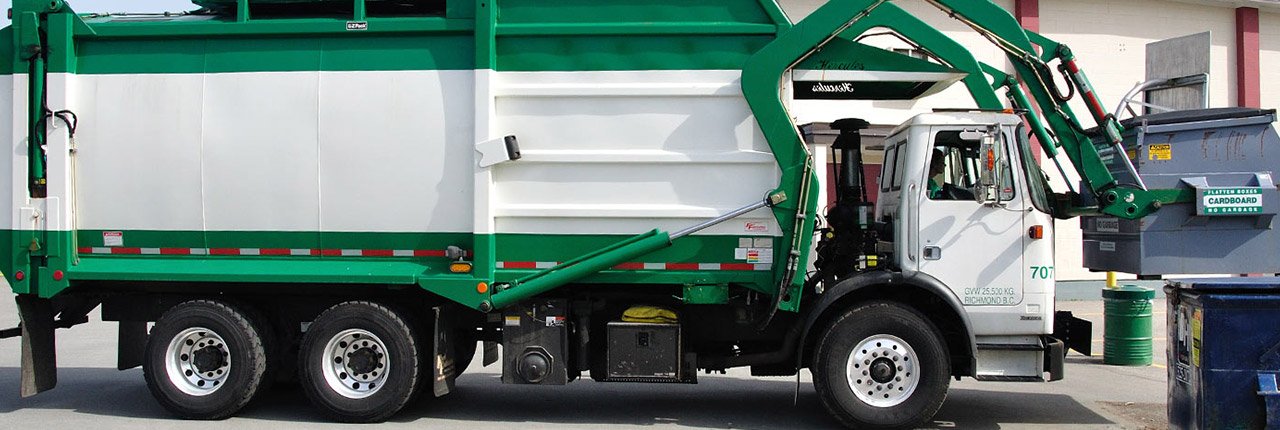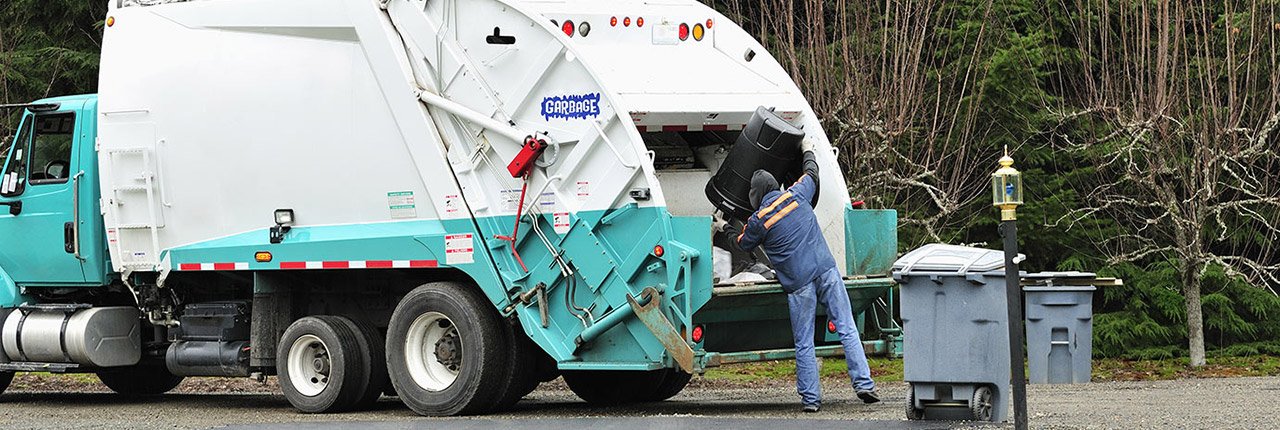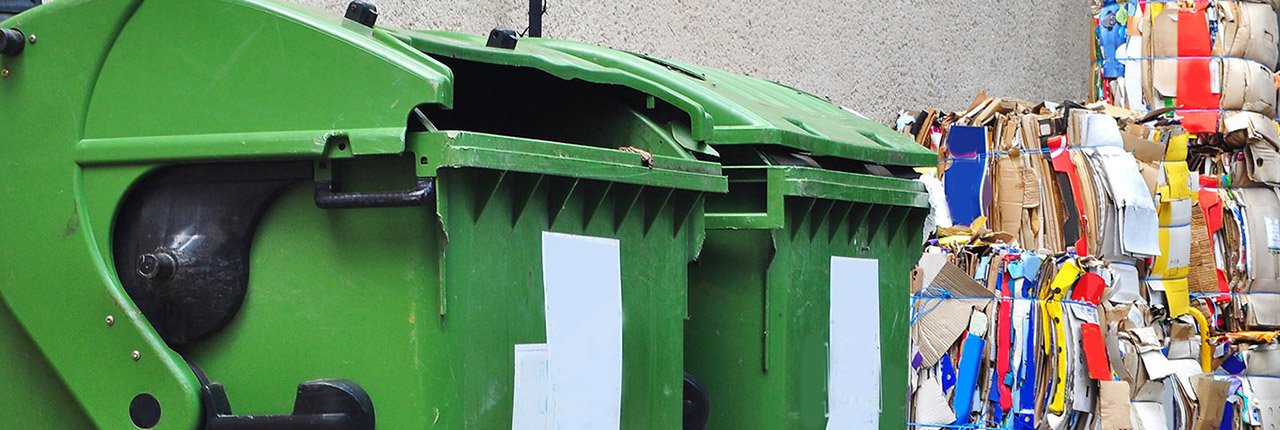London's Strategy to Completely Remove Waste
Posted on 16/11/2024
London, a bustling metropolis and a leader in environmental initiatives, has embarked on an ambitious plan to completely remove waste from the city. This comprehensive strategy involves a blend of policy changes, technological innovation, and community engagement, aiming to transform London into a zero-waste city. The initiative not only aims to improve public health and cleanliness but also to mitigate the environmental impact of waste. This article will delve into the details of London's strategy, exploring its various facets, benefits, drawbacks, and practical tips for individuals and businesses to contribute to this cause.
Understanding the Zero-Waste Concept
The zero-waste concept is a holistic approach that seeks to redesign systems and processes to eliminate waste at its source. It involves the principles of reduce, reuse, recycle, and recover, striving to ensure that products and materials are kept in continuous circulation, minimizing the need for disposal. London has adopted this philosophy, with an emphasis on sustainable consumption and production patterns, to drive its waste elimination agenda.

Key Components of London's Waste Strategy
Reduction at Source
One of the pivotal aspects of London's strategy is to tackle waste generation at its source. The city has implemented various policies to reduce the use of single-use plastics and other non-recyclable materials. For instance, London encourages businesses to adopt sustainable packaging solutions and promote the use of reusable alternatives.
Enhanced Recycling Programs
Recycling is a cornerstone of London's waste strategy. The city has invested in advanced recycling facilities and technologies to improve the efficiency and effectiveness of its recycling programs. Efforts include expanding the range of materials that can be recycled and increasing public awareness about correct recycling practices.
Composting and Organic Waste Management
Organic waste, such as food scraps and yard trimmings, is a significant component of the waste stream. London has introduced comprehensive composting programs to divert organic waste from landfills and turn it into valuable compost used in agriculture and landscaping.
Waste-to-Energy Initiatives
For residual waste that cannot be recycled or composted, London has developed waste-to-energy (WtE) facilities. These facilities convert waste into electricity or heat, providing a sustainable energy source while reducing landfill dependency.
Community Engagement and Education
Successfully removing waste requires active participation from the community. London has launched extensive education and engagement campaigns to inform residents about the importance of waste reduction and proper disposal methods. Initiatives include school programs, workshops, and local events aimed at fostering a culture of sustainability.
Pros and Cons of London's Waste Elimination Strategy
Pros
- Environmental Benefits: Significant reduction in pollution and greenhouse gas emissions.
- Economic Advantages: Creation of green jobs and promotion of sustainable industries.
- Public Health Improvement: Cleaner urban environment and reduced landfill-related health risks.
Cons
- High Initial Costs: Implementation of advanced recycling and WtE facilities requires substantial investment.
- Behavioral Change: Achieving zero-waste requires significant shifts in consumer and business behaviors.
- Technological Challenges: Developing and maintaining cutting-edge waste management technologies can be complex and resource-intensive.
Tips for Individuals and Businesses
Everyone has a role to play in reducing waste. Here are some tips for individuals and businesses to support London's zero-waste goals:
- Adopt Reusable Alternatives: Use reusable bags, containers, and water bottles to minimize single-use plastic waste.
- Compost Organic Waste: Set up a home composting system for food scraps and garden waste.
- Support Sustainable Brands: Purchase products from companies that prioritize sustainable practices and packaging.
- Educate and Advocate: Spread awareness about waste reduction practices within your community and advocate for stronger waste management policies.

Key Takeaways
- London's strategy to eliminate waste is multi-faceted, involving reduction, recycling, composting, and waste-to-energy initiatives.
- Community engagement and education are crucial components of the strategy's success.
- The benefits of the strategy include environmental preservation, economic growth, and improved public health.
- Challenges include high initial costs, behavioral shifts, and technological complexities.
Conclusion
In conclusion, London's strategy to completely remove waste represents a bold and comprehensive approach to tackling one of the most pressing environmental challenges. While the journey to a zero-waste city requires substantial effort, coordination, and investment, the potential benefits far outweigh the drawbacks. By adopting sustainable practices, supporting innovative technologies, and fostering community involvement, London sets a powerful example for cities worldwide. The success of this initiative depends not only on governmental action but also on the active participation of individuals and businesses committed to a sustainable future.
Latest Posts
Creative Ways to Introduce Kids to Recycling
The Evolution of Waste Management Through Ancient to Modern Times
Discovering the Basics: What Exactly is a Builder's Skip







